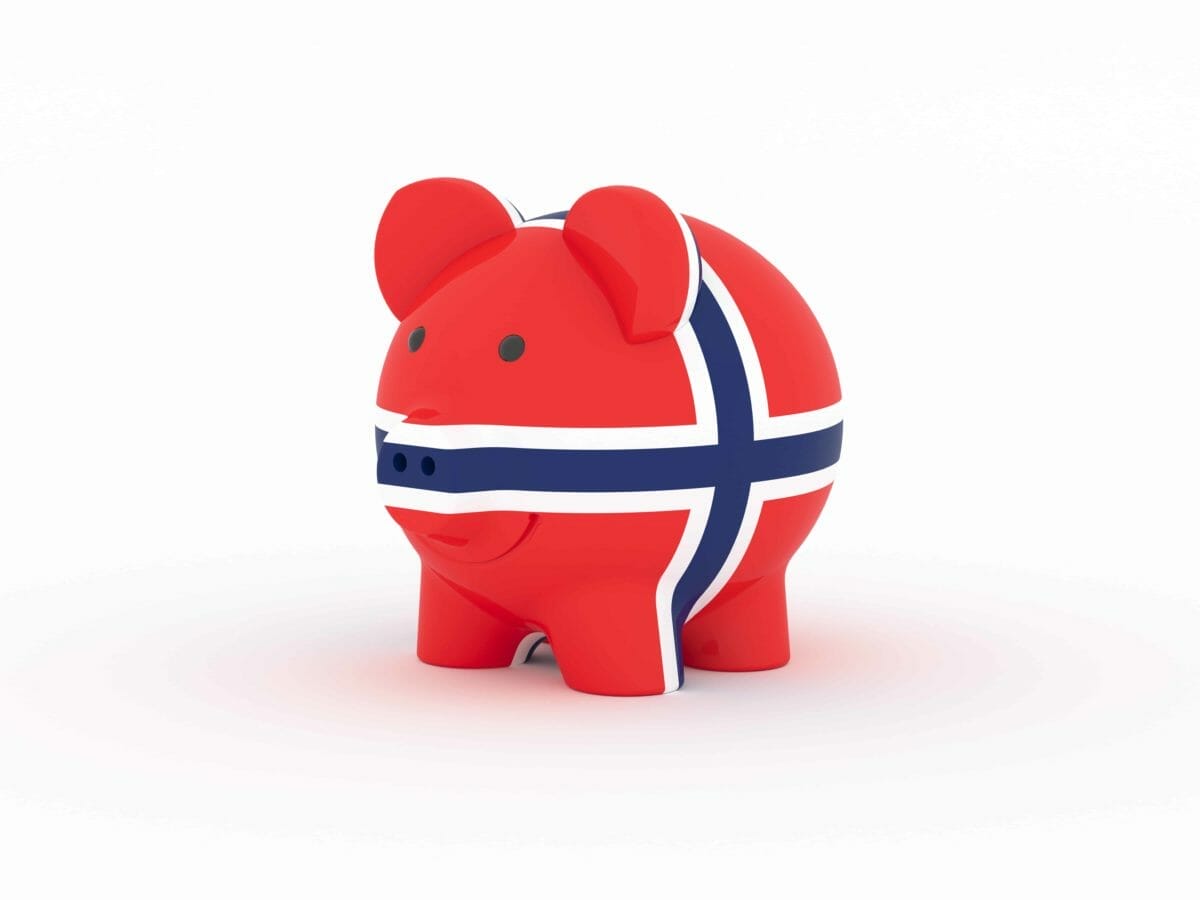Democratic erosion, protectionism, inter-country rivalry and economic decoupling will have implications for economic growth and financial returns ahead, warns a recent White Paper from Norway’s Ministry of Finance, guardian of the giant $1.3 trillion Government Pension Fund Global (GPFG).
Both financial and non-financial risk will increase as the economic centre of gravity increasingly shifts towards emerging markets, a trend that is likely to make management of the GPFG by asset manager Norges Bank Investment Management (NBIM) more demanding, warns the paper.
The warning is based on a review, overseen by director of the Norwegian Institute of International Affairs Ulf Sverdrup, who was appointed to assess how international political and economic developments may affect the GPFG.
ESG fallout
Although the report doesn’t suggest making changes to GPFG’s investment strategy it flags implications ahead, particularly around ESG. The paper authors warn that responsible investment may become more demanding in the years to come and flags against creating ESG expectations that will be impossible to deliver.
NBIM invests on the basis that favourable, long-term returns depend on sustainable development in economic, environmental, and social terms, in addition to well-functioning, legitimate and efficient markets. Strategy at the fund excludes individual products (tobacco, cannabis, coal, and certain types of weapons, for example) as well as conduct-based exclusions that encompass systematic human rights violations and severe environmental damage.
Because the fund is invested in several thousand companies, including in countries and regions with different norms and values “it is neither feasible, nor appropriate, to organise the investment management in such a way that the fund can never be exposed to unwanted situations”, the report says.
Still, it warns that the scope for responsible investment may be weakened if an increasing share of financial markets are in states with less democracy, transparency, and freedom of the press. “Expectations, ambitions, and requirements need to be considered from the perspective of such a setting,” it states.
Pushing values
Although responsible investment is important for the legitimacy and reputation of the fund in Norway, it could weaken its reputation abroad, the white paper continues. “Responsible investment activities may be perceived as an attempt at imposing Norwegian values and interests on companies and states,” the report says.
The paper says an increased awareness that the fund may be perceived differently abroad than in Norway is important, calling for “a realistic level of ambition for the ethical framework”.
The authors write that the giant fund must not be used as a foreign policy tool, arguing that caution needs to be exercised to avert any impression that it is. “Other foreign policy channels are more suitable for promoting Norwegian political interests abroad,” they say.
Using GPFG assets as a policy tool would complicate both the foreign policy and the management of the fund, with a high probability of weakening both areas. At the same time, the paper notes that foreign policy decisions may affect the fund, and that decisions in the management of the GPFG may have foreign policy implications even if such decisions are financially motivated.
Oil price
Although GPFG recently reported a return of -14.1 percent, revenues from petroleum activities and the depreciation of the Norwegian krone contributed to an overall increase of NOK 89 billion ($8.6 billion) in the fund’s value last year. However, this is a benefit that is unlikely to continue. “In the years ahead, we must be prepared for the fund value to not increase at the same rate as has been registered so far, and for a potential decline in fund value,” the report says.
The report said that over time, the GPFG has become an ever more important source of funding for government spending. In recent years, around 20 percent of the fiscal budget has been funded by the GPFG, and the share was even higher in 2020 and 2021 due to extraordinary measures during the coronavirus pandemic.
GPFG invests around 70 per cent of its assets in equity, and is able to withstand more risk than an investor with ongoing payment obligations and consequently a shorter investment horizon. The fund can weather stock market downturns without having to divest at an unfavourable time.



